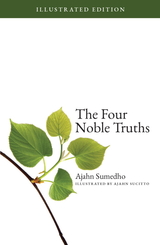

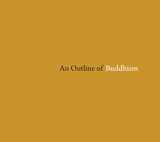
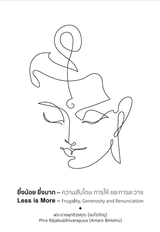

The theme for this afternoon’s talk is ‘Less is More – Frugality, Renunciation and Generosity’. I will focus on the frugality and renunciation aspects first of all and then get to generosity later on.
First of all, it struck me how, if we say that our usual philosophy in life is ‘more is better’, if ‘less is more’, then ‘less is better’ – if you follow the logic – which is a good way of summarizing this theme.
This is an important topic for our times. Probably the kind of people who gather together at a Buddhist monastery on a Sunday afternoon are not those overly committed to consumption (what we call the ‘consumer society’ as if we were just a mouth with legs on) but that doesn’t have to be the way we see ourselves, even though this is often the way that society and our value systems are conditioned to operate. In the very wonderful little book called Buddhist Economics by Venerable Payutto, a Thai philosopher monk, he succinctly describes classic economics as: ‘Maximum consumption leads to maximum happiness.’ It’s the basic ethic of the consumer society. The more you consume then the happier you are. Even though we might say, ‘I’m a Buddhist, I’m not like that!’ I think it’s helpful to reflect that, if we look around and we see our working life, our family life, the society we live in, a huge amount of our conditioning is like that. The more that you’ve got, the happier you should be, so there’s an enormous amount of drive to get more. Maybe it’s not physical possessions but at least more status or more Facebook followers or more Instagram followers, more likes, as well as the usual more property, more money and more approval and so forth. So that ‘more is better’ as an ethic for our society is very strong I would suggest; even if we’re not overtly materialistic, or we don’t see ourselves that way, that can still be a very powerful driving force. That said, this is also not solely a modern thing – the search for happiness through material possessions, through the sensory world – this has been part of our life in the human realm since distant ages past.
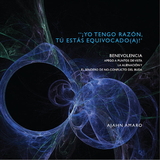
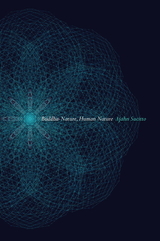
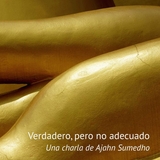
La vida religiosa es una vida de renuncia: renunciamos a las cosas, las abandonamos y las dejamos ir. Para la mente mundana, “renuncia” puede sonar a querer deshacerse de algo, a condenar el mundo de los sentidos o a rechazarlo porque vemos algo malo en él. Pero la renuncia no es un juicio moral sobre lo que sea. Es un alejamiento de lo que complica la vida y la hace difícil, hacia la simplicidad última de la atención plena en el momento presente. Porque la iluminación es aquí y ahora; la Verdad es ahora. No hay nadie para convertirse en lo que sea. No hay nadie que haya nacido o que vaya a morir, solo hay este eterno ahora. Esta consciencia ahora, es con lo que podemos conectar, a medida que abandonamos las apariencias y las tendencias habituales, y tendemos hacia esta simple reflexión sobre el presente.
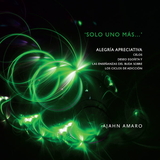
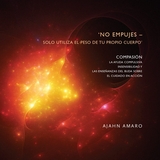
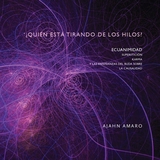
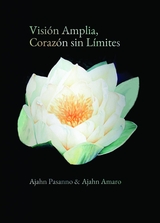
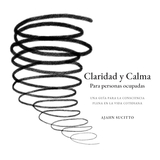
En las siguientes páginas se ofrecen métodos para encontrar calma y claridad en unos minutos. Se pueden poner en práctica en una amplia gama de situaciones nada especiales –en el tiempo que te lleva tomar una taza de té–. Si llevas una vida agitada, esta guía te puede ayudar a salir de la aceleración del día y dedicarte tiempo. Estas sugerencias también pueden ofrecerte un recurso para meditar –pero eso depende de ti, y de alguna otra guía de meditación–. Ten presente que para mantener el texto breve, he sido muy conciso. El texto que figura a continuación es como una bolsa de alimentos deshidratados. Añade tu propia agua y espera. Espero que te sea de ayuda.
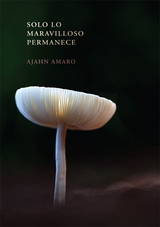
Las charlas agrupadas en este volumen son una selección que fue publicada en Silent Rain (1995) y fue editada y adaptada para la reimpresión de Rain on the Nile (2009). Las charlas que se publican aquí, en Solo lo Maravilloso Permanece, comprenden todas las disertaciones sobre el Dhamma del segundo libro mencionado. El material no fue anteriormente publicado en este formato. Como ocurre con el libro original Silent Rain, amable lector, lo estimulo a que las vea como la presencia de un collage de ideas e imágenes, arreglados de forma ligera para transmitir el espíritu y el significado, más que como un programa ajustado firmemente, destinado a la instrucción.
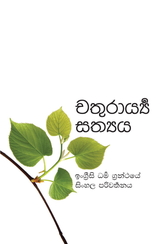
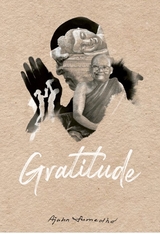
"When I reflect on my life as a Buddhist monk, I found one of the most significant turning points was when I started experiencing gratitude (kataññū-katavedī). Gratitude arises spontaneously when one reflects on one’s parents, who made it possible for one to exist as a human being, Luang Por Chah, the teacher, whose wisdom was always directly pointing to the way out of suffering, and the Lord Buddha’s teaching giving direction for one’s life."













